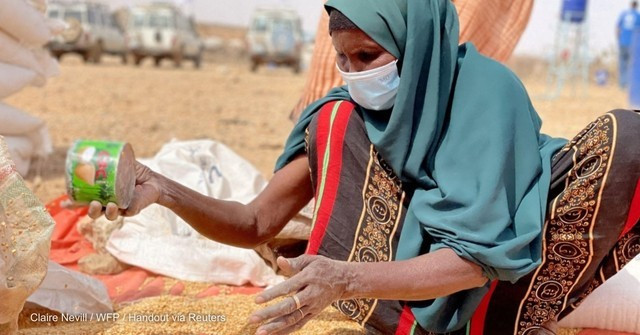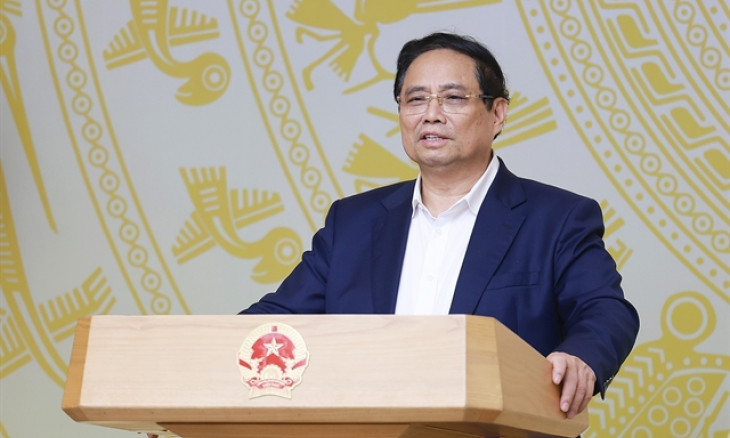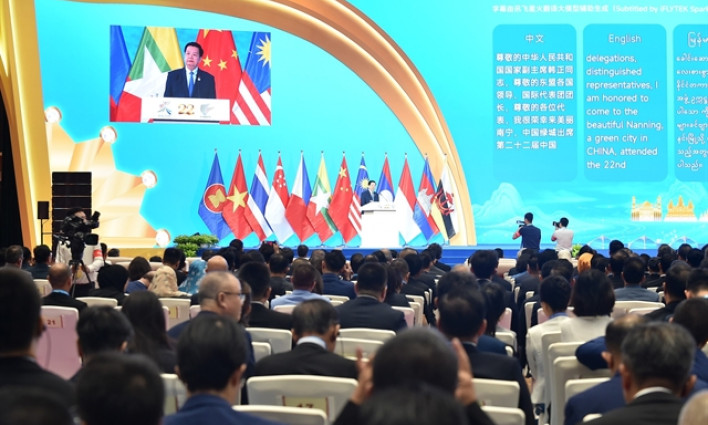For the sustainability of the global food system
The United Nations Food Systems Summit recently opened in Rome, Italy, with its agenda focused on discussing solutions to the problems facing the global food system.
Managing and ensuring food security remains a major global challenge at a time when many countries are being plagued by hunger, hundreds of millions of people are undernourished, while at the same time huge numbers of people are overweight and obese and contributing to food waste.
The Summit in Rome brought together representatives from three United Nations food agencies, the Food and Agriculture Organization of the United Nations (FAO), the International Fund for Agricultural Development (IFAD) and the World Food Programme (WFP).
Taking place as supply chain disruptions, climate change, the COVID-19 pandemic and the conflict in Ukraine have caused unprecedented shocks to the global food system, the summit needs to offer urgent and long-term solutions to the food problem.
Dozens of countries are experiencing double-digit inflation, 349 million people in 79 countries are facing severe food insecurity, many of which have been identified as hunger hotspots in Africa.
Meanwhile, it is a paradox that food insecurity is increasing around the world, with the risk that many people may experience persistent hunger, while in many places, food is wasted.
According to United Nations Secretary-General Antonio Guterres, global food systems are becoming more imbalanced, despite the fact that the world is now modern and materially abundant.
He cited figures showing that more than 780 million people around the world are suffering from food shortages, while around 30% of the world's food is still wasted or lost.
The United Nations Secretary-General stated that about 462 million people around the world are malnourished, while about 2 billion are overweight or obese.
Weather shocks, the COVID-19 pandemic and conflicts have all contributed to pushing the number of people facing famine to 122 million since 2019.
In a report earlier this month, the WFP estimated that about 691-783 million people faced hunger in 2022, averaging at 735 million. Meanwhile, the IFAD cited data showing that the annual budget for economic and social activities is 12 trillion USD, compared with 10 trillion USD in revenue from the global food industry or 700 billion USD of agricultural subsidies from rich countries.
The food system is defined as including all activities involved in the production, processing, transportation and consumption of food. Maintaining the system in a more sustainable, efficient and equitable manner is a complex task.
The food system is multi-sectoral and multi-player, vulnerable to different trends such as urbanisation, climate change, technology and government policy.
Unsustainable practices in food production, packaging and consumption are also driving climate change as these activities account for a third of all greenhouse gas emissions, consuming 70% of the world's fresh water of the world and causing a loss of biodiversity on a large scale.
The FAO has recommended that a fundamental shift in the way food is produced, processed, traded and consumed is needed to meet the demand for food in the face of a growing world population.
The United Nations Secretary-General also called for a funding effort of at least 500 billion USD a year to help poor countries scale up their long-term financing to invest in more efficient food systems.
The restructuring of agriculture, associated with better handling the relationship between food production, energy, water resources and climate change adaptation, promoting green transition and circular economy is essential.
In addition, building a comprehensive and sustainable food system, combined with investments in climate-resilient agriculture to increase yields and address the link between peace and development is an inevitable trend, and an important factor towards ensuring food security.
In addition to the immediate goal of supporting countries threatened by food crises, restoring global supply chains and controlling the pressure of increasing prices of agricultural products after the COVID-19 pandemic, sustainably developing food systems is a long-term goal that needs coordination and multilateral cooperation.






